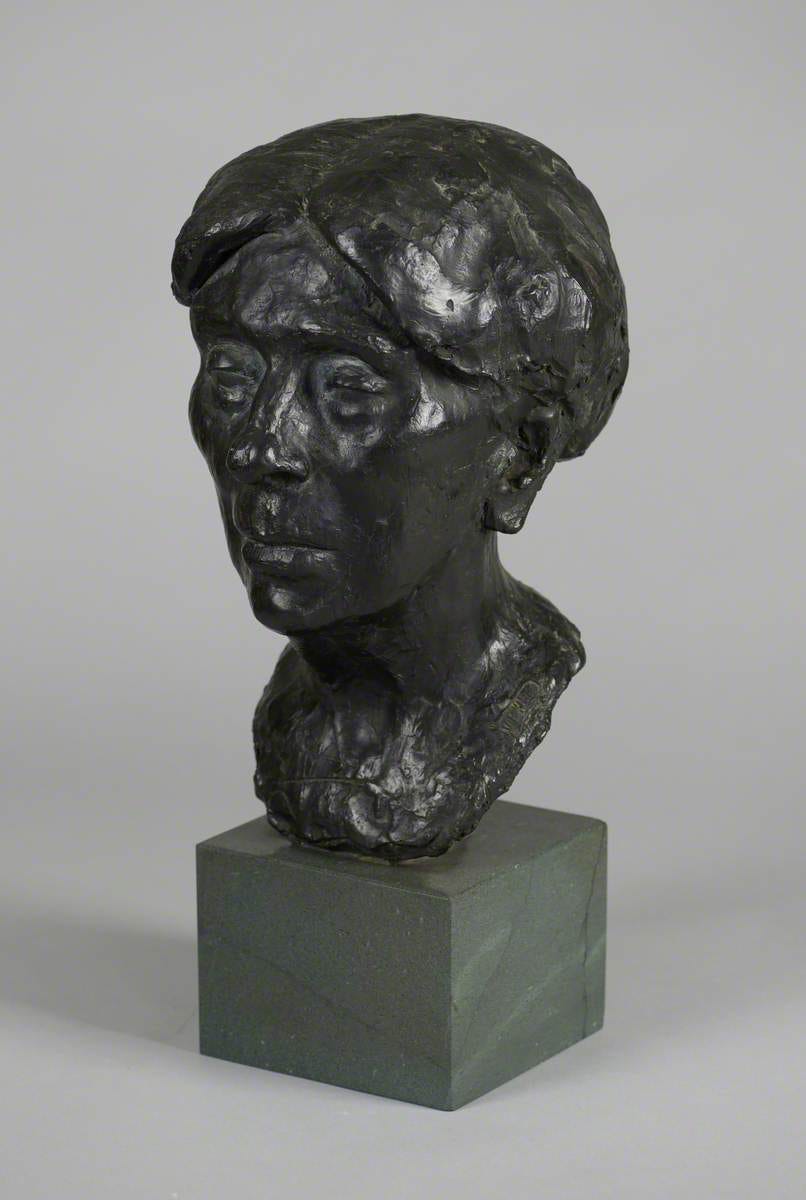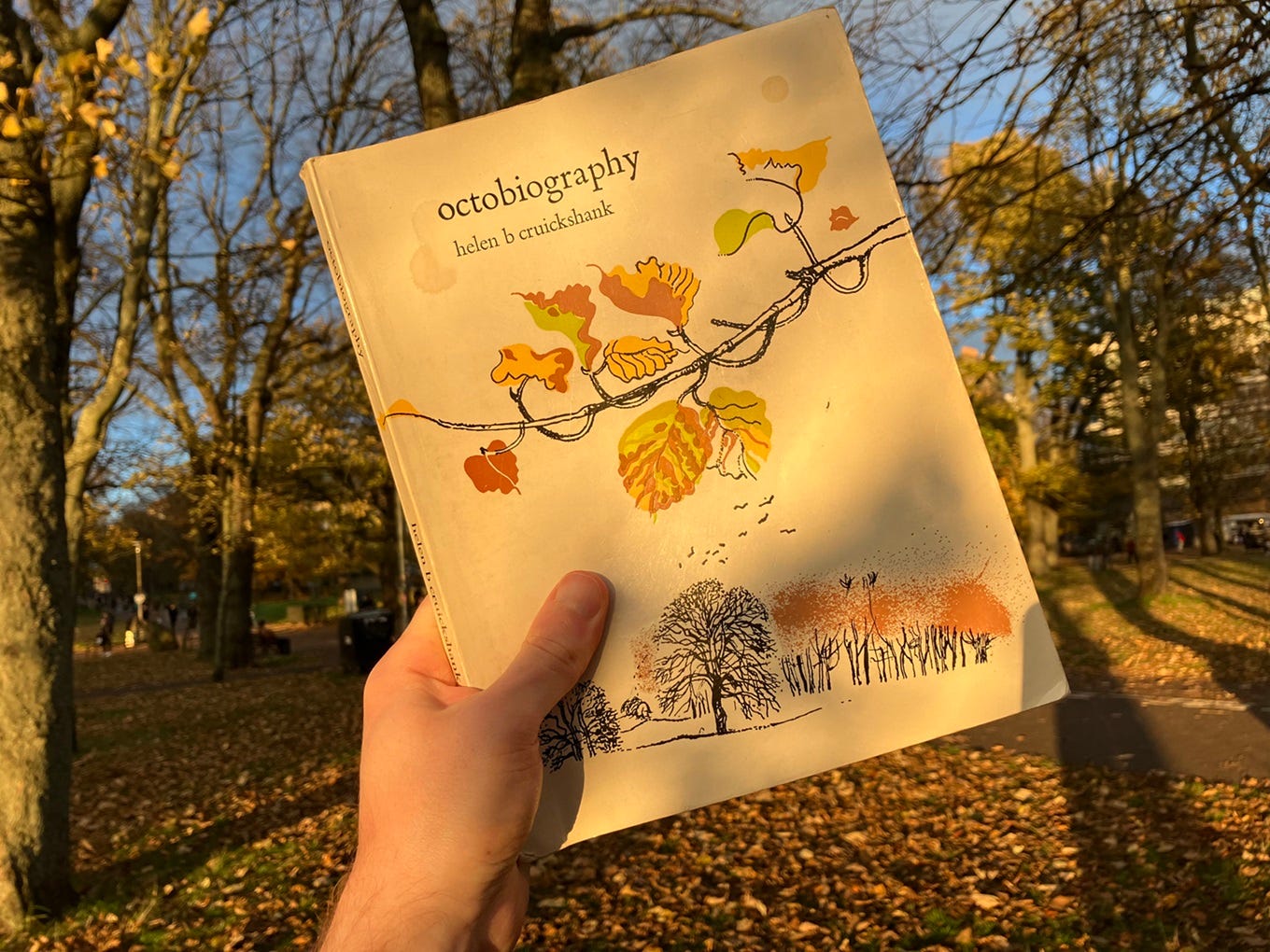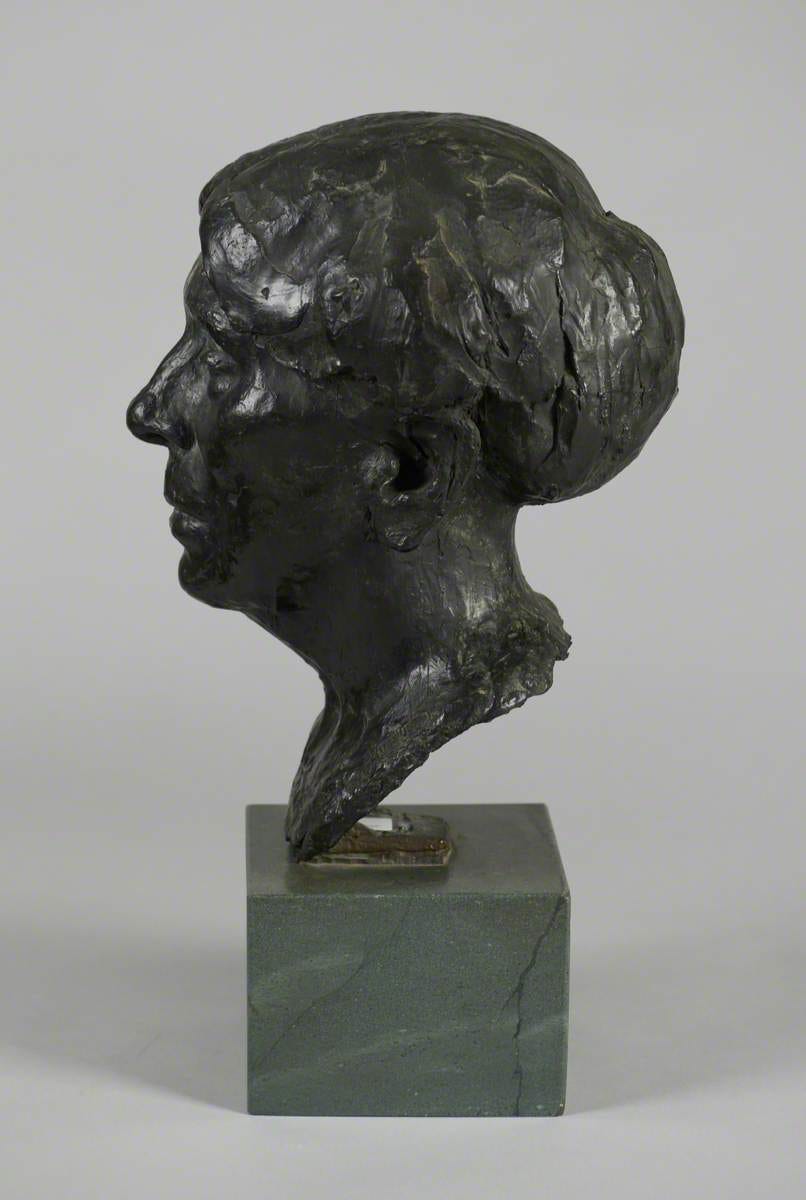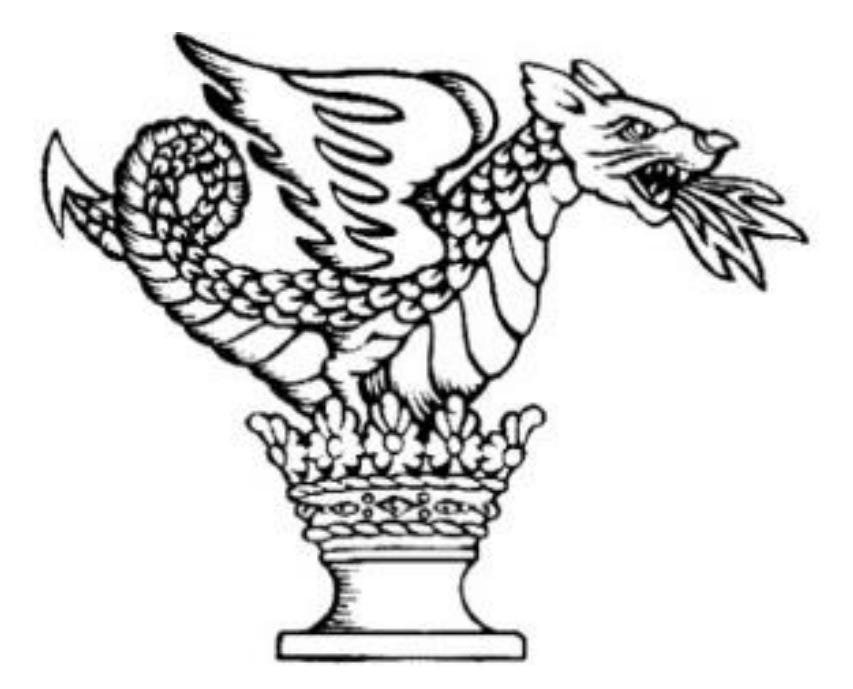Helen Cruickshank (1886 - 1975) was a writer, poet, suffragette, Scottish nationalist, and a focal point of the 20th century Scottish Literary Renaissance movement.
Recently I was lucky enough to get hold of a copy of her memoir, Octobiography, written in her eighth decade, in which she reflects back on a fascinating life of writing, poetry, and cultural and political activism.
Octobiography is out of print and difficult to come by, so I thought I would use today’s newsletter to review the book and to share some glimpses of Cruickshank’s story.
And, at the end of this newsletter, I’ll also share some other news about what I’ve been doing recently, as well as the details of some upcoming markets and events.
Octobiography
Born in Montrose in 1886, Helen Cruickshank spent a childhood familiarising herself with the landscapes and people of Angus, themes which would later appear in her work as a poet. But it was in London that Cruickshank secured her first job after leaving school, and where she also got her first taste of politics.
In the early years of the 20th century, Cruickhank became a suffragette. As she explains in Octobiography: ‘The suffrage movement had attracted many of us youngsters with its clarion call for justice, spiced with adventure, and often I was in the audiences that were roused to enthusiasm by the eloquence of the Pankhursts and others.’
Cruickshank became an active member of the London Hammersmith branch, chalking pavements with slogans and selling the weekly paper, Votes for Women, on the streets. On one occasion, when Emmeline Pankhurst arrived to present a petition to the British Parliament, Cruickshank was ‘one of several hundred women jostled out of the precincts of Westminster by mounted police.’
After accepting a job offer in Edinburgh, Cruickshank returned to Scotland in 1912. It was here that she became interested in poetry, as well as emerging ideas of Scottish cultural and political revival. She heard news that a C.M. Grieve (the poet Hugh MacDiarmid) was inviting contributions for a new anthology, Northern Numbers, to be published from her hometown in Montrose. She applied with some of her poetry, marking the beginning of a life-long friendship with MacDiarmid.
Cruickshank described the 1920s Scottish cultural revival as the ‘water-shed’ of her life: ‘Nearly all my spare interests were beginning to centre on Scotland, her problems and potentialities, and especially her position in the world of art and letters.’ With votes for women over thirty achieved in 1918, Cruickshank was looking for ‘another cause’ to fight for, and found it in the ‘spirit and hope and effort’ of the Scottish revival.
In 1924 she moved into a semi-detached house in Corstorphine, Edinburgh, and turned it into an unofficial meeting-place for likeminded cultural figures interested in Scottish literature and the arts. House guests included literary names such as Hugh MacDiarmid, Edwin and Willa Muir, Lewis Grassic Gibbon, Nan Shepherd, and Hamish Henderson.
Cruickshank’s own literary path was also well underway, with her first poetry collection Up the Noran Water being published in 1934. She became a founder-member of Scottish PEN, part of an international association with the aim of promoting literature and freedom of expression.
Increasingly, Cruickshank became involved in the cause of Scottish self-determination and independence, memorably encapsulated in a poem she penned called ‘Lines for Wendy Wood’, dedicated to a fellow Scottish nationalist and cultural activist. In the poem she rather movingly acknowledges the ‘Laughter and gibes and scorn’ endured by those who campaign for Scotland’s independence, ‘that she may live.’
At the Edinburgh East by-election of 1945, Cruickshank supported the Scottish National Party candidate Frank Yeaman, running a campaign room in an old shop in Piershill. Two years later she did the same for her close friend Mary Dott, this time using a vacant shop in the Canongate. Cruickshank recalled memories of Dott’s election campaign: ‘I accompanied Mary to several of her lunch hour election meetings at industrial plants and had the unique experience of introducing her from the top of a beer barrel, in the loading bay of a Canongate brewery.’
In 1969 a group of anonymous friends arranged for Helen to sit for a portrait bust by a rising young sculptor, Vincent Butler. Her first reaction was to say no, insisting she didn’t have a ‘sculptural face’ or an ‘important enough nose’, but in the end she agreed. Sittings took place at her home in Corstorphine - four hours every Sunday morning for three months - which Cruickshank ‘thoroughly enjoyed’ due to her lively and interesting conversations with the young artist. The finished sculpture (above) is now part of the Glenesk Folk Museum collection.
All in all, Octobiography is a wonderful window into Cruickshank’s unique creative life. What’s striking is the sense of breadth - spanning the London suffragette campaigns and the emergence of Scottish nationalism and the cultural revival, and becoming an accomplished writer and poet.
It’s also notable that Octobiography, being written in Cruickshank’s eighth decade, was only finalised in the last few months of her life. For that reason it feels fortunate that the memoir was completed, and that we have been left Cruickshank’s account in her own words, with so many glimpses, scenes and interactions which may have never otherwise come to light.
All quotes above are from ‘Octobiography’ by Helen B Cruickshank (Standard Press, Montrose 1976). The book is out of print but you may be able to find copies second-hand online or in your local library.
Portobello Book Festival
Earlier this month I was part of a line-up of speakers discussing ‘Scotland’s Stories’ at the Portobello Book Festival. It was a pleasure to be able to share my Atlas of Scotland project with the audience and to meet the other writers, Graeme Jonhcock and Walter Stephen. I’ll be talking about the Atlas again in Edinburgh on 19 November with the Grange Association (see the details at the bottom of this newsletter).
Independence referendum 10 years on
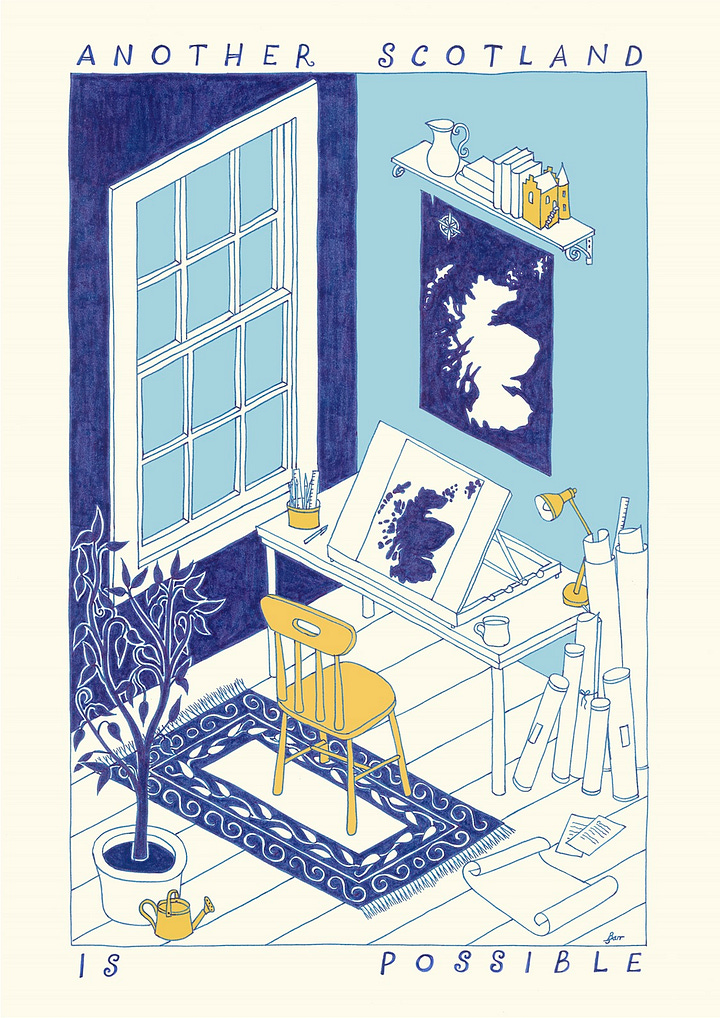

Last month marked the 10 year anniversary of the 2014 Scottish independence referendum - an experience which had an immeasurable impact on my life and on Scotland. I wrote a bit about it in my last newsletter, and also released a new illustrated poster, ‘Another Scotland is Possible’, available from my online shop.
On the night of the anniversary I spoke at the rally outside the Scottish Parliament, organised by the pro-independence campaign group Believe in Scotland. I spoke about the need for creative campaigning, the need to inspire people to imagine a better future, and called for the movement to build a ‘culture of independence’. My speech is available to watch via the livestream from around 01:08:40.
Upcoming markets
I’ll be selling my books and artwork at a number of makers’ markets in the run-up to Christmas - so please feel free to stop by. Most of these are around Edinburgh at the moment (other than the V&A Dundee) but I’m still on the look-out for other opportunities. Here are the markets I have confirmed so far:
16 & 17 November: Christmas at Newbattle (Newbattle Abbey, Midlothian), 10.30am - 4pm both days.
29 & 30 November: Dundee V&A Festive Design Market, 10am - 5pm both days.
1 December: Christmas Artists & Makers Market (Scottish Arts Club, 24 Rutland Square, Edinburgh), 11am - 4pm.
7 & 8 December: Summerhall Christmas Market (Edinburgh) 11am - 5pm both days. Note: at the moment there’s uncertainty over the future of the venue and it’s not clear if the market will go ahead.
9 - 15 December: Winter in the West End (St John’s Kirk at the west end of Princes Street, Edinburgh), 11am - 6pm Monday to Wednesday, 11am - 7pm Thursday to Sunday.
Upcoming talk
I’ll be giving a talk about my Atlas of Scotland project as part of the Grange Association talk series in Edinburgh southside next month. The event is called ‘How To Map a Country’ and will focus on my passion for map-making, illustration and making Scottish history more accessible to all.
The talk will take place on Tuesday 19 November to St Catherine’s Argyle Church, 61-63 Grange Road, Edinburgh. The doors will open at 7pm for tea and coffee, with the talk beginning at 7.30pm. There will be time for questions and copies of the Atlas of Scotland will also be available to purchase.





